Corner Canyon Health Centers Outpatient
Treatment Focus
This center treats substance use disorders and mental health conditions. You'll receive individualized care catered to your unique situation and diagnosis, learn practical skills for recovery, and make new connections in a restorative environment.
Primary Level of Care
Provides 24/7 medical supervision and intensive treatment in a clinical setting for individuals in crisis or with acute needs, focusing on stabilization and immediate safety
Claimed
Recovery.com has connected directly with this treatment provider to validate the information in their profile.
Treatment Focus
This center treats substance use disorders and mental health conditions. You'll receive individualized care catered to your unique situation and diagnosis, learn practical skills for recovery, and make new connections in a restorative environment.
Primary Level of Care
Provides 24/7 medical supervision and intensive treatment in a clinical setting for individuals in crisis or with acute needs, focusing on stabilization and immediate safety
Provider's Policy
Our admissions team will work with you to explore the right payment options based on your needs, ensuring you get the best possible treatment.
Corner Canyon Health Centers Outpatient
Corner Canyon Health Centers Outpatient
About Corner Canyon Health Centers Outpatient
Corner Canyon Health Centers Outpatient is a place where people who are hurting can find deep help. They treat a range of mental health struggles: everything from anxiety, depression, PTSD, mood disorders, OCD, to personality challenges and neurodivergent needs. They also help those with co-occurring issues like addictions. They offer partial hospitalization (PHP), intensive outpatient (IOP), transitional living, and outpatient services—so everyone can find a level of care that works for them.
Find Balance through Science and Soulful Therapies
Instead of offering a generic program, their team begins with a deep assessment—looking at everything from medical history and mental health to nutrition and even genetics. This allows them to create a plan that’s unique to each client. Once results are in, they blend science-backed therapies like eye movement therapy (EMDR) and dialectical behavior therapy (DBT) with practices like nutritional psychiatry, somatic work, and nature or animal-based therapy. The result is care that feels personal, supportive, and designed to help healing last long after treatment ends.
Embrace Therapy in a Warm, Welcoming Space
Corner Canyon’s outpatient clinic’s rooms are bright, open, and spacious with plenty of areas for one-on-one sessions or group therapy. The cozy decor and mountain views remind clients that their healing work doesn’t have to be cold or clinical. Clients can show up as they are, and feel confident that every detail is set up to support their growth and peace of mind.
Walk Out Feeling Prepared and Empowered
Discharge marks the beginning of a new chapter, one where clients carry forward all the tools they’ve learned. Their therapists and care teams stay in touch, guiding clients through re-engagement with family, a return to work, or simply navigating their moods.
Highlights from the Center
Highlights
These highlights are provided by and paid for by the center.
Customized Treatment Plans
Holistic Approach
Wellness Emphasis
Center Overview
Treatment Focus
This center treats substance use disorders and mental health conditions. You'll receive individualized care catered to your unique situation and diagnosis, learn practical skills for recovery, and make new connections in a restorative environment.
Insurance Accepted
Pricing and Program Length
Estimated Center Costs
Center pricing can vary based on program and length of stay. Contact the center for more information. Recovery.com strives for price transparency so you can make an informed decision.
Meet Your Care Team
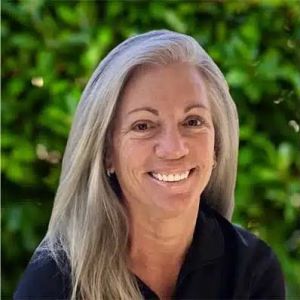
Cheryl Kehl
Founder and CEO
LCSW
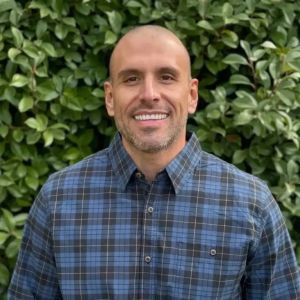
Daniel Nuno
COO

Dana Goodrich
Executive Director
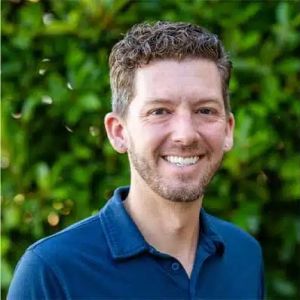
Brad Christensen
Chief People Officer

Sara Sorenson
Director of Clinical Development
LCMHC

Eric Johansen
Director of Clinical Operations
LCSW

Stephanie M. King
Family Nurse Practitioner
FNP-C, APRN, DC
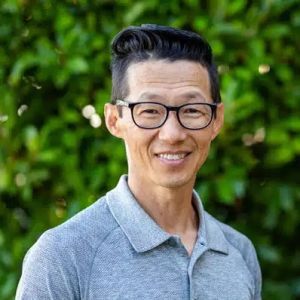
Christopher Black
Ketamine Provider
RN, BSN, PMHNP-BC
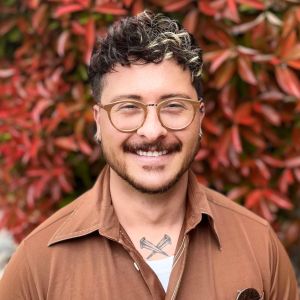
Austin Florez
Therapist
ACMHC

Kiera Kuck
Therapist
AMFT

Milene Francis
Therapist
MSW
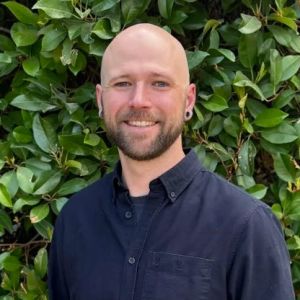
Alex Jacobson
Therapist

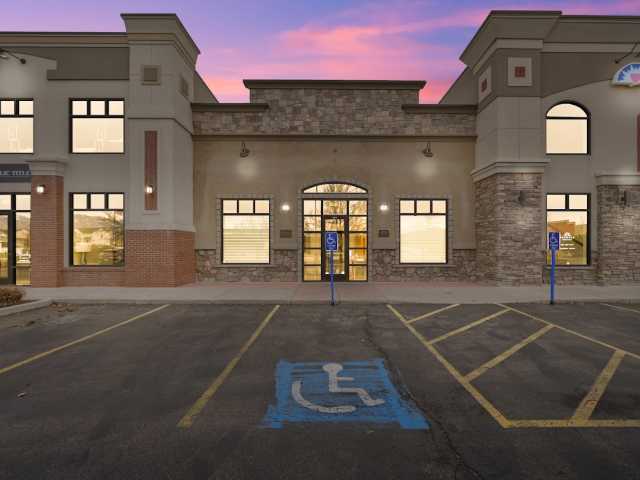


Levels of Care







Your Care Options
Who We Treat
Young Adults
Emerging adults ages 18-25 receive treatment catered to the unique challenges of early adulthood, like college, risky behaviors, and vocational struggles.
Older Adults
Addiction and mental health treatment caters to adults 55+ and the age-specific challenges that can come with recovery, wellness, and overall happiness.
LGBTQ+
Addiction and mental illnesses in the LGBTQ+ community must be treated with an affirming, safe, and relevant approach, which many centers provide.
Therapies
1-on-1 Counseling
Patient and therapist meet 1-on-1 to work through difficult emotions and behavioral challenges in a personal, private setting.
Family Therapy
Family therapy addresses group dynamics within a family system, with a focus on improving communication and interrupting unhealthy relationship patterns.
Nutrition Counseling
Nutritious food helps patients heal from within, setting them up for mental and bodily wellness as they learn about healthy eating.
Online Therapy
Patients can connect with a therapist via videochat, messaging, email, or phone. Remote therapy makes treatment more accessible.
Eye Movement Therapy (EMDR)
Lateral, guided eye movements help reduce the emotional reactions of retelling and reprocessing trauma, allowing intense feelings to dissipate.
Medication-Assisted Treatment
Combined with behavioral therapy, prescribed medications can enhance treatment by relieving withdrawal symptoms and focus patients on their recovery.
Conditions We Treat
Post Traumatic Stress Disorder
PTSD is a long-term mental health issue caused by a disturbing event or events. Symptoms include anxiety, dissociation, flashbacks, and intrusive thoughts.
Trauma
Some traumatic events are so disturbing that they cause long-term mental health problems. Those ongoing issues can also be referred to as "trauma."
Substances We Treat
Co-Occurring Disorders
A person with multiple mental health diagnoses, such as addiction and depression, has co-occurring disorders also called dual diagnosis.
Drug Addiction
Drug addiction is the excessive and repetitive use of substances, despite harmful consequences to a person's life, health, and relationships.
Smoking Cessation
Quitting smoking—i.e., ceasing to smoke—means giving up smoking nicotine and tobacco products. This process has very important health benefits.






